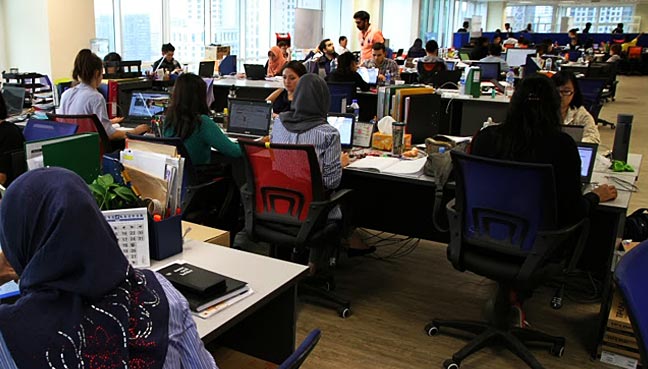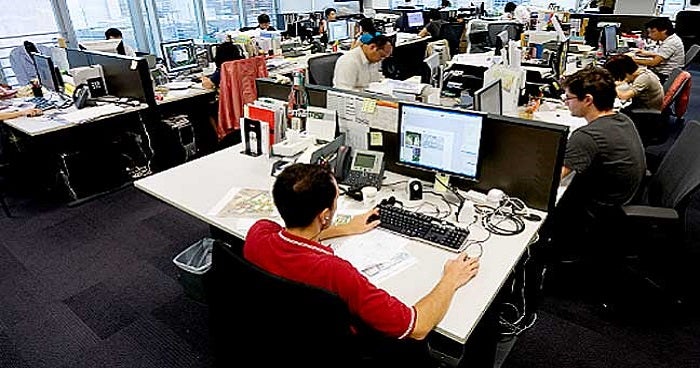As working adults, it’s easy to fall into an unhealthy pattern that could lead to burnout if we’re not careful. Now, it looks like employers are trying to lessen the burden of working long hours every week by implementing a four-day work week, and it seems to be doing wonders for them!
According to Reuters, more companies around the world have been trying out four-day work weeks to see if it helped reduce burnout among employees.
Unsurprisingly, these companies found that a shorter work week not only reduced burnout but increased employee motivation and productivity as well.

Source: shuttershock
Berlin-based project management software company Planio was among the companies testing out the four-day work week. The company’s founder told the international news portal that they had introduced the shorter work week earlier this year and it helped staff perform better. The company’s founder had also tested the four-day work week on himself, and he too, found a major difference. He told the news portal,
“I didn’t get less work done in four days than in five because in five days, you think you have more time, you take longer, you allow yourself to have more interruptions, you have your coffee a bit longer or chat with colleagues.”
“I realised with four days, I have to be quick, I have to be focused if I want to have my free Friday.”

Source: fmt
After Planio set on the four-day work week to be from Monday to Thursday, they also went against implementing flexible hours due to administrative reasons and were also against working shorter hours while maintaining a five-day work week, as overwork can still happen.
Apart from that, a New Zealand-based company, Perpetual Guardian, indicated a decline in employee stress levels and an increase in engagement after allowing their staff to work four days a week.
In fact, the concept of the four-day work week has garnered so much support that even Britain’s Trades Union Congress (TUC) is currently pushing for the UK to implement this nationwide by the end of the century. The TUC argued that the introduction of a shorter work week would allow people to enjoy the wealth generated by new technologies, likening it to how people won the right to having weekends off during the industrial revolution.
With a growing emphasis on curbing overwork, trends expert Lucie Greene told the news outlet that people are now focusing on making the workplace a less stressful environment, saying,
“People are starting to take a step back from the 24-hour digital life we have now and realise the mental health issues from being constantly connected to work.”

Source: the arabian marketer
Dan Schawbel, director of executive development firm Future Workplace, highlighted a recent survey of 3,000 employees from eight countries. The survey found that while most employees feel they can finish their work within five hours without interruptions, many are still working more than 40 hours a week anyway. Schawbel explained,
“There has been work creep. Because you always have the technology, you are always working, so people are getting burned out.”
Read Reuters’ full report here.
Do you think Malaysia could possibly follow suit on implementing four-day work weeks in the future? Let us know in the comments below!
Also read: “Don’t Hire High-Achievers, But Those Who Can Be Trained,” Says Jack Ma






































